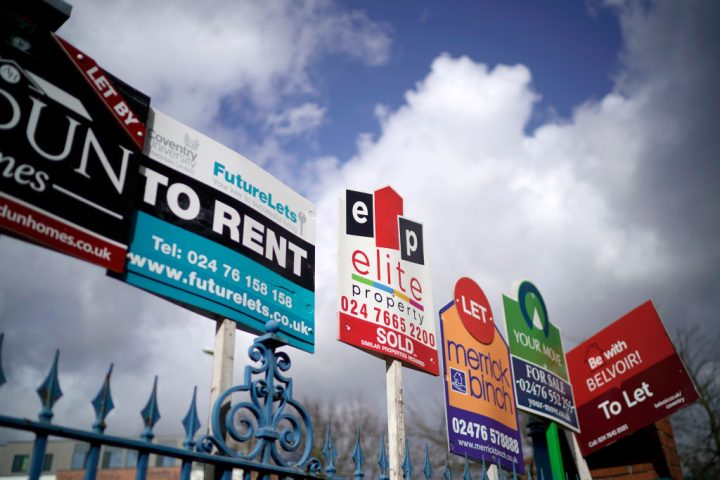When the average two-year fixed mortgage hit 6 per cent last month, panic started to set in. For the 1.3 million homeowners set to renew before Christmas, many would now be facing interest payments three times higher than what they had originally paid. Chancellor Jeremy Hunt immediately called a meeting with lenders and customer representatives to formalise safety nets, including repayment holidays and moving people over to interest-only payments.
But this was always set to be the start – not the end – of mortgage pain. Today we learn from Moneyfacts that the average five-year fixed-rate mortgage has also now passed 6 per cent.
The last time five-year fixed rates reached this level was right after last autumn’s mini-Budget (which, once rolled back, promptly fell back down to 5 per cent by the end of the year). When mortgage rates jumped last year, it was due to the expectation that the Bank of England would have to hike interest rates rapidly to deal with Liz Truss’s fiscal loosening. Now, it’s actually happening, mainly in a desperate attempt to get inflation more under control – which is failing to fall as quickly as the Bank predicted.
Last month’s base rate hike – another 0.5 percentage points, taking the base rate to 5 per cent – will have pushed five-year fixed rates up further. It’s not the most surprising update: when the news broke about two-year mortgages last month, five-year fixes weren’t far behind: already at 5.7 per cent in late June and rising. It seemed an inevitability, then, that five-year fixes would suffer the same fate as two-year fixes.
One of the biggest concerns remains the great unknown of where interest rates will peak
But that inevitably won’t provide any comfort to those set to renew their mortgages anytime soon. One of the biggest concerns remains the great unknown of where interest rates will peak: only a few months ago, markets expected a peak of 4.5 per cent. Now it’s closer to 6.25 per cent. When the Bank stress-tested mortgages last year, 6 per cent was their nightmare scenario, an eventuality ‘not expected or likely to materialise’. We are now living in that worst-case scenario.
Still, don’t expect the Treasury to change its tune on support. Any kind of mortgage tax relief or subsidy has been ruled out by the chancellor as inflationary, and also deeply unfair to renters, who have seen their costs skyrocket too.
Expect, instead, for more pressure to be put on the banks to make good on the benefits of rising rates – not just the costs. Banks are meeting with the Financial Conduct Authority later this week to be questioned over why there remains a 4 percentage point gap between mortgage rates and savings rates. As Ross Clark says on Coffee House, this is yet another examples of failure in the banking sector – in this case, an unfair and costly one for their consumers.







Comments